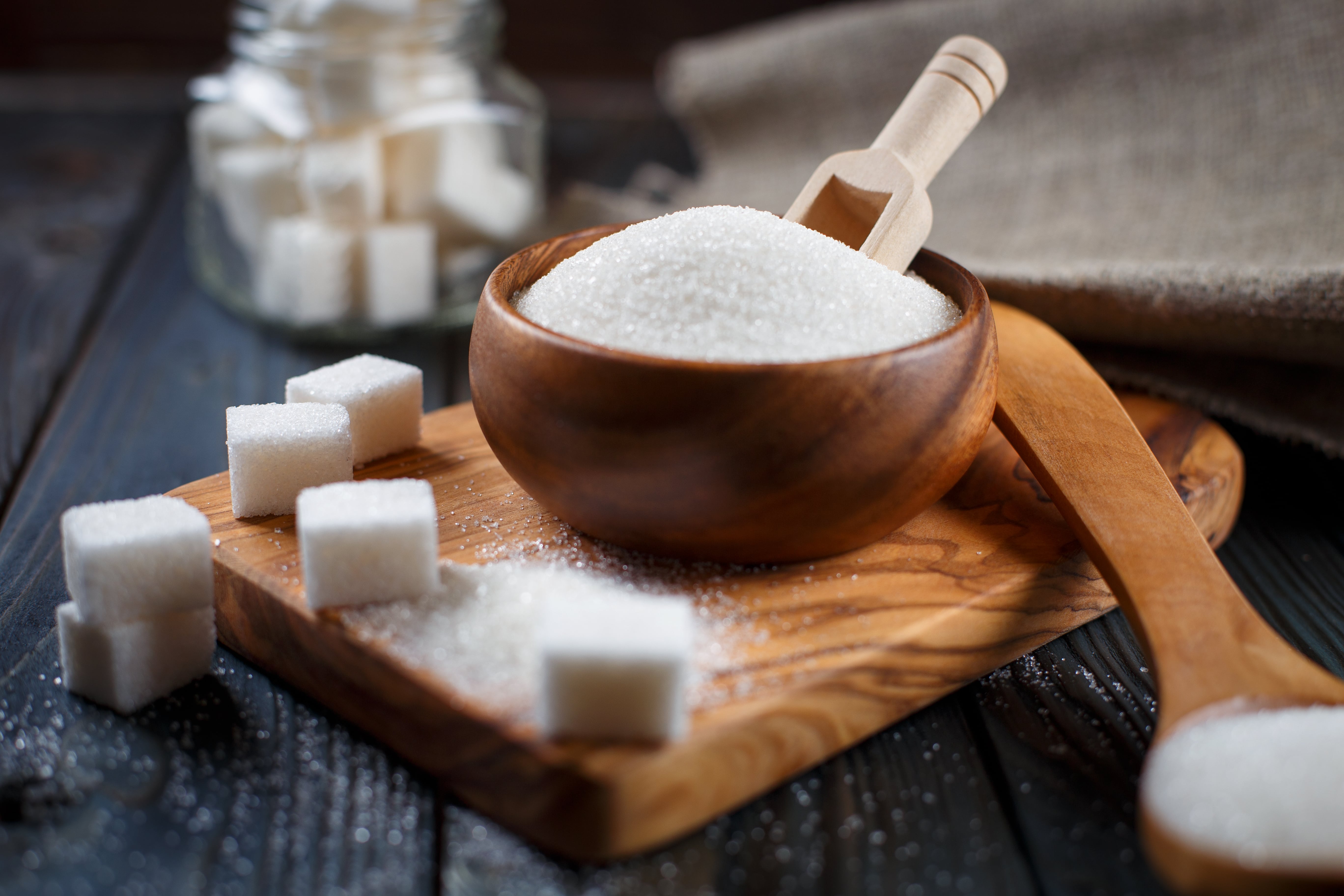The Downfall of Sugar Beets in the EU
The sugar beet and sugarcane have dominated production for sugar, as both of them contain incredibly high levels of sucrose which can be easily extracted. Sugarcane, however, has become the primary source for sugar in many countries, taking up nearly 80% of the world’s sugar trade, while the sugar beet has taken up the remaining 20% according to the European Commission. The EU is the top producing region of sugar beets, occupying approximately 50% of global production. The sugar beet has not been faring well compared to its counterpart: price reductions, plant diseases, as well as the onset of the coronavirus have pushed the crop into one of the worst slumps in years.
Massive Hit to Production
In the EU, France, Germany, Poland, and the Netherlands boasted the largest production for sugar beets, producing 37.84 million tons, 29.73 million tons, 13.84 million tons, and 6.64 million tons respectively in 2019 according to Eurostat. This year, however, will paint a different picture; with the introduction of the lethal Beet Yellow Virus (BYV), production is expected to decrease by nearly a fourth in France, a third in Germany, and a staggering half in Belgium according to sources from Bloomberg.
Graph 1. Sugar Beet Production in the EU, 2015-19. (1000 tons)

Source: Eurostat.
The virus has ravaged crops across the EU following the ban on neonicotinoids in April 2018, an insecticide that has been reported to be lethal to bees. Without the insecticide, farmers cannot prevent the BYV infection, which could cause more than a 50% reduction in yields, as well as drops in sugar levels as the plant’s normal photosynthetic process, is stunted.
The BYV, however, is only adding to the ongoing issues in production, as it has been decreasing over recent years. Sugar beet acreage has not significantly deviated over the years, but unfavorable weather conditions have caused subpar yields.Leading producer France has been at the epicenter of this problem. Sugar beets have been decreasing at a rapid rate ever since the insecticide ban, and forecasts for MY 2020/2021 yields were at 50 MT/hectares, down by nearly 35% from the previous marketing year, according to the USDA.
Lowering Prices
Ever since early 2018, the EU market price for (white) sugar has been below the EU reference price of EUR 404/ton, which was established in 2009. As cheaper sugar from countries such as Brazil and India flooded the market, it has become exceedingly difficult for EU sugar to maintain its competitiveness.
The market itself has not recovered since hitting its peak prices in 2013. There has been a slight uptick in prices this year, as sugar supplies ran short with the worst of the pandemic. The market price for sugar in July 2020 was at EUR 378/ton, up from roughly EUR 330/ton the previous July.

Sugar Beet Losing its Hold?
Growing sugar beets have become unattractive for many farmers in the EU, who have become tired of the unsustainable prices and poor market conditions. The EU has been reportedly relying more on imports to make up for its lacking sugar production, which, other than MY 2017/18 when the sugar quota was lifted, has allowed imports to continue to outpace exports for the foreseeable future.
These imports will continue to be sourced from countries with which the EU has established a Free Trade Agreement (FTA) as well as the Economic Partnership Agreements and Everything-But-Arms Agreement (EPA/EBA) countries, which enjoy quota and duty-free imports to the EU.
Sources
- USDA. France's sugar beet crop devastated by disease - sugar industry's viability threatened.
- Bloomberg. "Farmers shunning sugar may leave Europe more reliant on imports."
- Bloomberg. "New virus hits Europe, this one threatens sugar crops."
- International Confederation of European Beet Growers. EU beet sugar market update.
- European Commission. Sugar Market Situation.
- Graphic News. "Disease threat to Europe's sugar crop."
